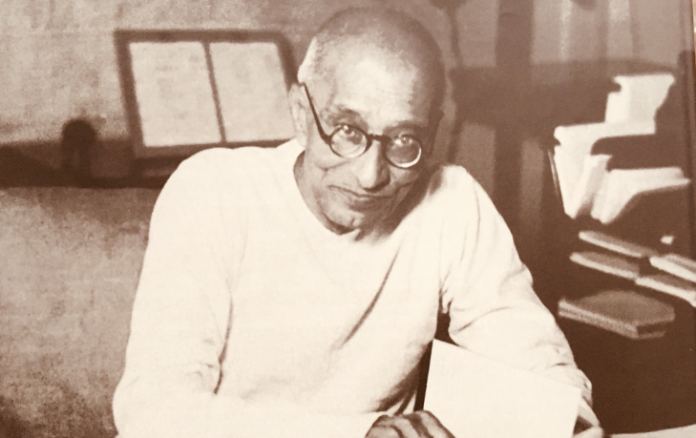
- 6Shares
The Swatantra Party, founded by C Rajagopalachari, was a glorious enterprise. It fought the Nehru-Mahalanobis economic model, which assumed that commissars in Yojana Bhavan knew better than ordinary citizens, entrepreneurs, traders, farmers. Its leader, who was popular as Rajaji, coined the expression “Permit-Licence Raj” to describe a dispensation more intrusively tyrannical than the one it had replaced: the British Raj. After the infamous 1955 Avadi session of the Congress party, the government of the day adopted “industrial licensing” as its stated policy. Besides the dozens of state and local approvals that an Indian entrepreneur needed, she now also needed a “license” from Delhi. And getting this license was a 17-step process, which took a minimum of four years.
The Swatantra Party, which turned 60 years this Tuesday, was not opposed to licensing only because it was inefficient, costly and destructive of national wealth and income. The party took a higher moral ground. The corruption and cronyism inherent in the Licence Raj was sure to corrode the moral fabric of a country that had yet to recover from the character-destroying legacies associated with centuries of foreign rule. After all, no middle-class entrepreneur could afford to wait four years and employ dozens of liaison officers in Delhi. Therefore, licences were obtained only by the rich and well-connected. India rapidly became a plutocratic oligarchy that chose to call itself socialist.
The Swatantra Party understood that left to themselves, the people of India would use their ingenuity to prosper – which, as one irrepressible Swatantra member Piloo Mody pointed out, routinely happened among Indians outside India. One of the Swatantra stalwarts Minoo Masani emphasised that the abridgment of economic freedom was the first step down the slippery slope where finally all liberties would get extinguished. His prophecies sadly came true in 1975 when the Emergency was declared. During that ill-fated period, the highest independent court in our land ruled that Indian citizens did not have the fundamental right to life and liberty – why bother talk of the pursuit of happiness or the possession of property.
Because it was uncompromising, possibly even sanctimonious in its commitment to a moral process in its political endeavours, the Swatantra Party could not survive in the fractious woods of Indian politics. But one should never forget the fact that the Swatantra managed to prevent a national calamity. In the glorious Soviet Union and People’s Republic of China, the forced collectivisation of agriculture resulted in the deaths of millions of people in each of those fraternal socialist countries. The socialist Raj of India toyed with the idea of introducing collective farming in India. The Soviet Union willingly gave “aid” for a couple of “demonstration state farms”. It all looked ominous. The Swatantra Party allied with the intrepid Charan Singh to successfully torpedo this insane idea and thus prevented a tragic famine.
The other thing that one should not forget is that 15 years after the Swatantra Party’s demise, on 4 August 1974, one of the greatest leaders of modern India, the redoubtable PV Narasimha Rao actually adopted many of the policies advocated by the Swatantra Party. Rao abolished industrial licensing and defanged mysterious acronyms like DGTD, DGSD, CCI, MRTP, FERA and so on. Just like the ghost of Hamlet’s father pointed out to that worthy Dane that there was something rotten in his state, so too did Rajagopalachari speak from the world beyond to Narasimha Rao. Luckily, Masani was alive to see his beloved country finally moving into a world of sanity.
Even in its defeat and its untimely demise, the Swatantra Party has left behind a fragrant, unforgettable, important and precious legacy.
The author is an entrepreneur and a writer. Views are personal.
Want to hear experts engage over the big issues of the day? We bring you Talk Point
- 6Shares